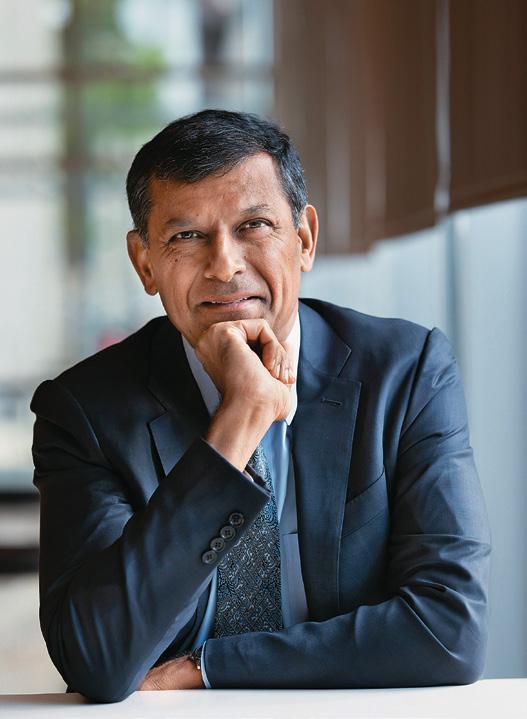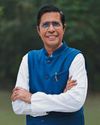
This Budget focused on employment. Do you think it is a political compulsion or an inner awakening for the Centre?
It is difficult to delve into the finance minister's mind and understand the intent behind recent decisions. However, what is clear from the recent election is the widespread concern about jobs. This is evident in various data points, including the millions of applicants for public sector jobs.
Some economists point out that we are likely underperforming in job creation by a couple of million jobs annually compared to our own past performance. Even then, we were already falling short, producing about 2-3mn fewer jobs than needed for the 8-10mn individuals entering the labour force each year. This is extremely concerning; as it suggests that we are not fully capitalising on this period of demographic opportunity.
You have been critical of production-linked incentive schemes. How do you view the new employment-linked incentive schemes?
There is no silver bullet. We need to work on multiple fronts and this effort must span across sectors. Some people mistakenly think I am against manufacturing. We need all the manufacturing jobs we can get, across the spectrum-whether low-skilled, medium-skilled or high-skilled.
However, as a relatively poor country with limited resources, we must decide where to allocate our funds to achieve our objectives. For instance, we need to ask ourselves whether it is worth spending Rs 75,000 crore on incentives for the chip industry, which will employ very few people and require significant subsidies to be globally competitive.
This story is from the September 2024 edition of Outlook Business.
Start your 7-day Magzter GOLD free trial to access thousands of curated premium stories, and 9,000+ magazines and newspapers.
Already a subscriber ? Sign In
This story is from the September 2024 edition of Outlook Business.
Start your 7-day Magzter GOLD free trial to access thousands of curated premium stories, and 9,000+ magazines and newspapers.
Already a subscriber? Sign In

From Chandni Chowk to Global Recognition
For Manish Aggarwal, director at Bikano, Bikanervala Foods, the family business was not just a responsibility but a passion he took to the global stage

Spotting AI Scams
Al has become an integral part of our lives, from customer service no insurance claims. But it is also becoming a tool for fraudsters who use it to scam individuals and corporations

Let a Hundred Flowers Bloom
On the banks of the Ganges in industrial Kanpur, a start-up has blossomed that turns waste flowers into incense

BATTERY LOW
India produces enough green energy to power many of its largest cities yet lacks the storage to use it efficiently. A nation blazing forward must leap ahead in battery technology to stay on course

We Have Everything Going for Rajasthan
Rajyavardhan Singh Rathore, Rajasthan’s industry and commerce minister, tells Pushpita Dey why the state is suited to become a hub for investments.

Dairy and Other Dilemmas
India’s refusal to open its dairy market has complicated trade negotiations for years. As global partners demand concessions, is the cost of protectionism outweighing benefits?

Riding in a Maze
As gig workers ride into an uncertain future with little more than a smartphone and a bike, the government is struggling to arrange a socialsafety net. But millions without social security is recipe for disaster

BIRLA'S BIGGEST BATTLE
As Kumar Mangalam Birla completes 30 years at the helm of the Aditya Birla Group, he has a battle to defend his businesses and conquer new ones

THE INNOVATION LEAP
India dreams of becoming a product nation. But unless the corporate sector significantly increases spending on R&D, the country will continue to lag behind global peers

EDUCATION BUDGET MUST DOUBLE EVERY 3 YEARS
Veezhinathan Kamakoti, a renowned academic and director of Indian Institute of Technology Madras, tells Deepsekhar Choudhury on what technology sovereignty means for India and how it can propel the country towards its vision of becoming a developed nation by 2047.